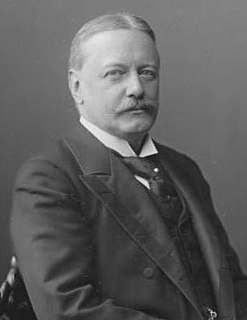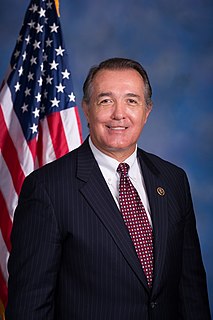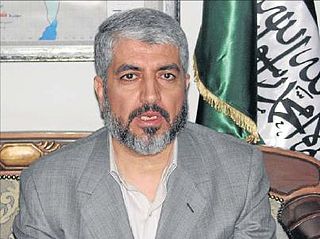A Quote by Bashar al-Assad
In the eighties, we asked for international coalition against terrorism after the Muslim Brotherhood crisis in Syria when they started killing, of course they were defeated at that time. We asked for the same thing. So, this is a long-term policy that we base our policy on for years now.
Related Quotes
Before September 11, we were fighting terrorism in our southwestern Philippines, and it was a lonely fight. However, we were able to contain it now in one island in that part of the Philippines. But after September 11, and after the creation of the global coalition against terrorism, now we have allies, and I believe now it will easier with allies.
We made this inexplicable turn into Iraq, where we've lost lives, money, honour and the coalition on [George] Bush's watch. Surely he's not suggesting that if the Democrats win, things can get worse. I mean, all we can do now is to look at our field policy and change the course. We need more diplomatic outreach toward Iran, Syria and Middle Eastern allies, and less bluster and less threats, and fewer troops.








































